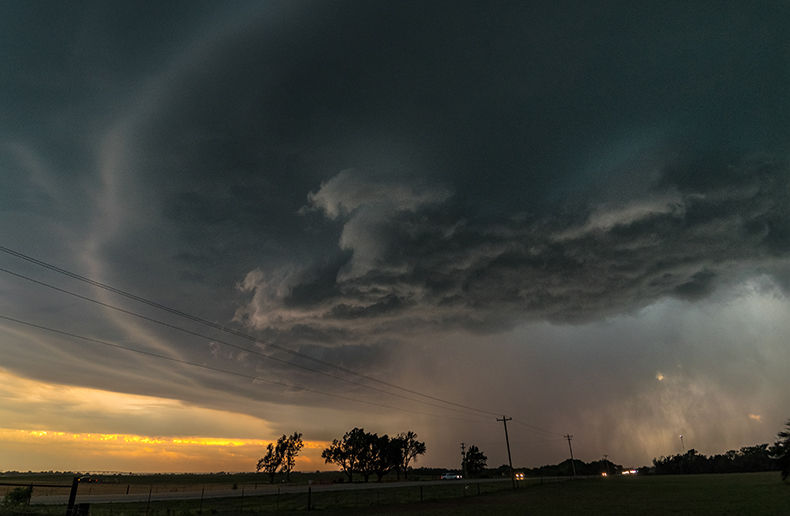According to a bulletin published on April 24, 2025 by Morningstar DBRS, U.S. trade policy is impacting insurers in two ways: through inflationary pressure on claims costs, induced by tariffs, and through financial market volatility.
The rating agency believes that the imposition of tariffs by the United States on many imported products will have an adverse impact on the business environment and operations of insurers worldwide. It adds that the effect will be direct and will manifest itself in tariff-induced inflationary pressures.
“We expect North American insurers that sell auto and property insurance policies to be the most directly and highly affected,” reads Morningstar's DBRS bulletin. The rating agency believes that these insurers are the most directly exposed, due to upward pressure on claims costs linked to vehicle prices, repair costs and the cost of property rebuilding materials.
Higher premiums
“We expect claims cost increases and supply chain disruptions because of the steep U.S. tariffs imposed on imports of cars, car parts, steel, and aluminum,” lists Morningstar DBRS.
The agency points out that while products compliant with the United States-Mexico-Canada Agreement (USMCA) are exempt from tariffs, most other non-compliant goods are subject to a 25% tariff. It also believes that lumber imports could be subject to new tariffs.
According to the agency, insurers will offset higher claims costs by increasing their premiums. It also predicts that insurers will adjust their supply chains, reducing their dependence on imported goods. They will control their expenses more strictly, and investments in technology and artificial intelligence could suffer as a result, according to the rating agency.
Life insurers at the mercy of the markets
According to Morningstar DBRS, life and health insurance companies are not directly affected by tariffs. However, they are experiencing indirect effects related to the investment climate and the performance of financial markets, the rating agency adds. As the North American economy is expected to experience a marked slowdown compared to last year, the impact is likely to be more marked there than in Europe.
They point out that life and health insurers' revenues from wealth and asset management fluctuate according to portfolio values and policyholders' investment decisions.
Insurers' profitability could also be strongly influenced by the performance of their investment portfolios, the rating agency believes. “We will closely monitor the market conditions pertaining to fixed income, as well as private and alternative assets that are widely held by life insurance companies,” the agency says.
Morningstar DBRS observes that the valuation of alternative assets promises to be particularly complex in an economic climate marked by uncertainty. The agency explains that these assets are also exposed to higher liquidity risk.
Drug inflation
Morningstar DBRS is also keeping an eye on drug prices. “An important development that would cause us to revisit our current assessment is the threat of tariffs on pharmaceuticals.” The agency believes this scenario would have a much greater impact on North American life and health insurers. “If enacted, the higher cost of drugs would cause a spike in health insurance claims.”







